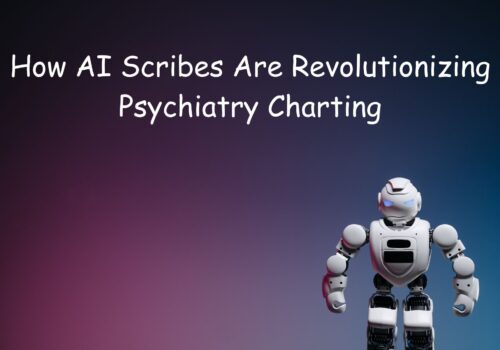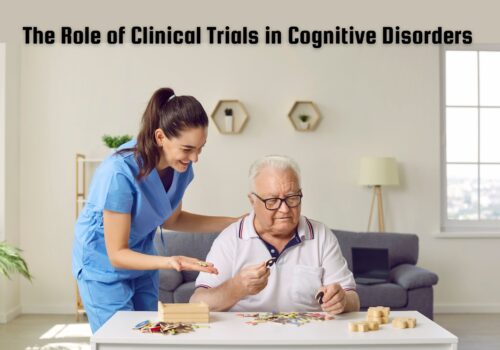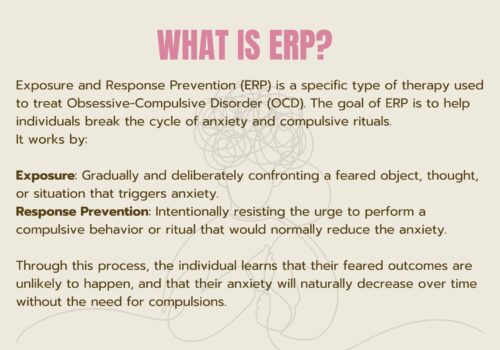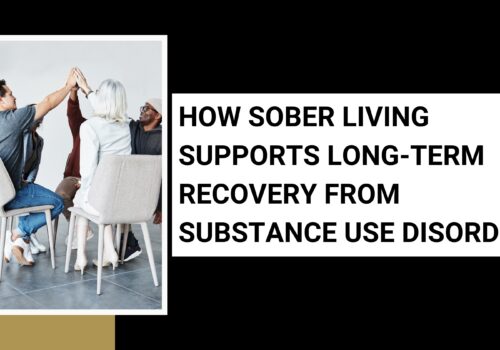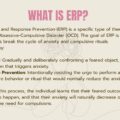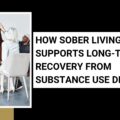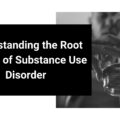Ambien is the brand name for the prescription drug zolpidem, which is used to treat insomnia. Though it does seem to assist some individuals in achieving sleep, concerns over Ambien addiction have proliferated. Those interested in taking this medication, but, should know what Ambien is, what it does, and what the dangers of taking it are.
What does Ambien refer to?
Ambien falls under a class of drugs called sedative-hypnotics. It acts in the brain by stimulating the effects of the neurotransmitter gamma- aminobutyric acid, or GABA.
How Ambien Functions ?
When taken orally, Ambien is absorbed quickly and has an onset of action in about 30 minutes. It is only meant for short term use, typically two weeks or less. “A” must be made clear here is that Ambien is used in cases of Insomnia but it is likewise not an Insomnia treatment in the long term. Ultimately, these drugs can lead to tolerance, wherein larger doses are needed to achieve the same sedative effects and may potentially worsen the original sleep issue.
Common Uses for Ambien
Ambien’s primary use is the treatment of insomnia, particularly among those that have difficulty falling asleep. At times, like jet-lag or shifting work schedule, it may also be applied to help the individual adapt to a modified sleep schedule. But, due to risk of dependence, physicians are usually encouraged to explore alternative treatments prior to prescribing the medication. Cognitive-behavioral therapy for insomnia (CBT-I) aims to change the beliefs and behaviors that are responsible for the occurrence of and patterns of poor sleep.
In addition to its original indication for insomnia, Ambien has also been researched in relation to other sleep disorders. It can help anxious patients who suffer from sleep disorders to unwind and enjoy a good night’s sleep . Again, but, there is still potential for addiction and negative effects, so use of Ambien must be judicious in these circumstances. Patients should inform their doctor of their entire medical history so that they can be sure that Ambien is the best drug for them.
The Risk of Addiction
The most common of these concerns is the potential for abuse or addiction to Ambien. While not all Ambien users will become addicted, several factors may increase the risk of developing a prescription drug addiction. When patients know these things, they are better informed to make treatment decisions.
The Contributing Factors to Addiction
Factors contributing to the addiction to ambien include:
- Long-Term Use: Some individuals may become tolerant to the effects of Ambien after long-term use. This reliance could be compounded by the practice of increasing dosages higher and higher in order for the drug to have a sedative effect.
- History of Mental Health Problems: Those who previously struggled with addiction or any other mental health issue like anxiety or depression could be more vulnerable to Ambien addiction.
- Misapplication: The risk of addiction is greatly increased when Ambien is used in other manners than prescribed, such as abusing the drug or taking it with other narcotics.
Signs of Ambien Addiction
Recognizing the signs that indicate the onset of addiction becomes significant in terms of preventing it at an early stage. Some common indicators are:
- increased tolerance – meaning that more dosage is necessary to achieve similar effects.
- Having withdrawal symptoms such as irritability, insomnia, or anxiety when not taking the medication.
- Use of Ambien despite adverse consequences such as inadequate performance or interpersonal problems
Withdrawal and Dependence
- Dependence and Withdrawal Stopping and returning to a regular life may be difficult, or impossible, for the person who has become addicted to Ambien. Ambien withdrawal symptoms can range in severity from mild to extreme. Typical symptoms are the following: anxiety, insomnia, shakiness, and in rare cases some will have seizures. If you would like to discontinue Ambien, it is advisable to do so under medical supervision, particularly if the medication has been taken long-term.
Coping With Withdrawal Symptoms
Although it may not be easy to identify how to cope and deal with withdrawal symptoms some suggestions that might assist are:
- Tapering: Your doctor may assist you in tapering to reduce withdrawal symptoms, although it may be effective to taper off of Ambien to gradually transition from using to not using Ambien.
- Support Systems: Even in therapy or support group there are others that may be, or have been, in the same predicament. They can supply the social/emotional support that you need during your withdrawal
- Alternative Treatment: Finding relief from insomnia through nonpharmacological approaches, such as cognitive-behavioral therapy (CBT), is possible and brings long-term results without putting patients through the risk of a medication.
Alternatives to Ambien
For those concerned with the potential of Ambien to cause addiction, some other alternatives could be sought to treat insomnia. These can include anything from lifestyle changes to other medications that may have less potential for being abused.
- Lifestyle Changes: Lifestyle changes can greatly enhance sleep quality when no medications are being used. Some helpful tips include:
- Creating a Sleep Schedule: Going to bed and waking up at the exact same time every day can help with synchronizing one’s internal clock.
- Setting Up a Sleep-Conducive Environment: Having the bedroom dark, quiet, and cool can promote better sleep.
- Stimulating Avoidance: Avoiding caffeine or nicotine use can promote sleep, especially when avoided at night before going to bed.
Non-Addictive Drugs
To those who may otherwise still seek a drug, there exist non-addictive drugs. Drugs like melatonin or some antidepressants can be given for sleeplessness and not with the potential of addiction that Ambien has.
Conclusion
Ambien might cause dependency, though it can treat insomnia efficaciously in a short time. The users have to be aware of the risks involved, be able to spot the symptoms of an addiction, and set up a cure plan excluding this drug. It is advisable to seek formal medical advice before making any decision regarding sleep management and being assured of an effective and safe treatment choice.
Though consideration and implementation of sleep hygiene and non-pharmacological treatments might well be key to some long-term improvements in sleep quality, this option does contain its own share of risks, such as the use of Ambien.





